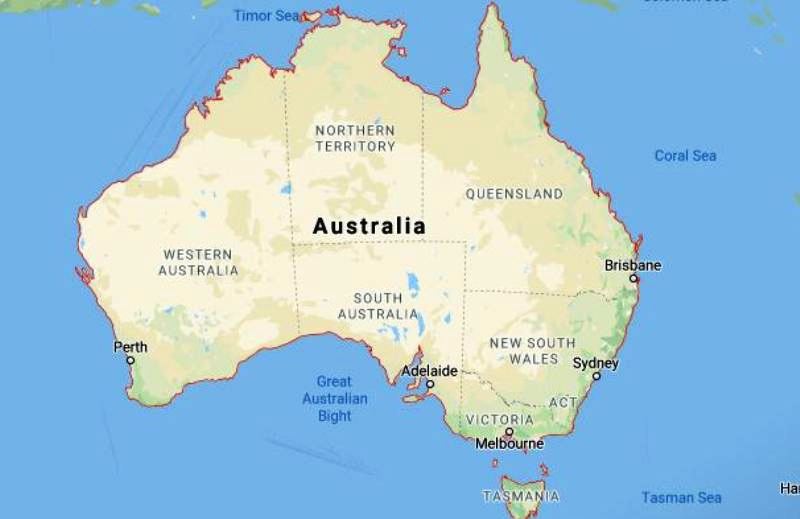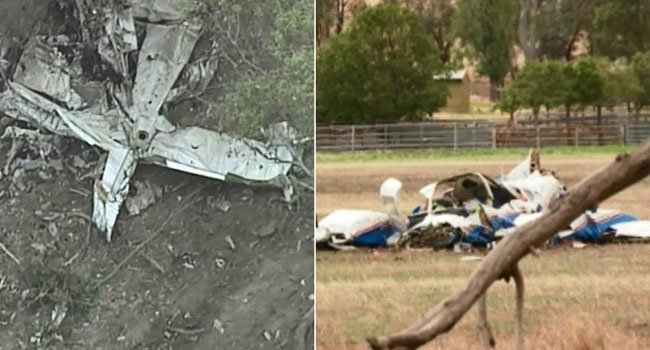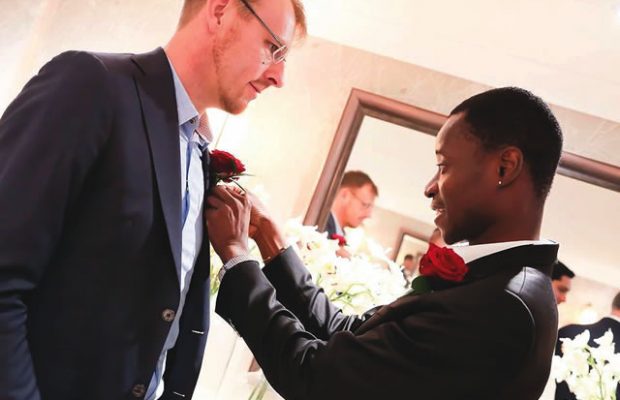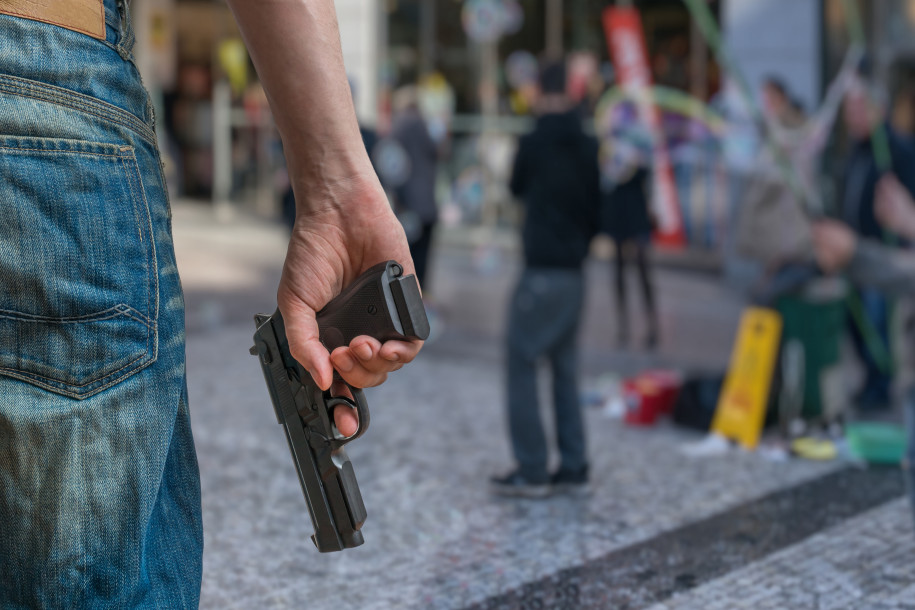A total of 760 mystery cases of Coronavirus disease (COVID-19), which are cases where authorities have been unable to identify a source of infection have been reported in Victoria, Australia.
With the development, Premier Daniel Andrews declared a state of disaster in Victoria from 6:00 pm on Sunday, with Melbourne residents having to see stricter restrictions from Sunday evening, including a curfew between 8:00 pm – 5:00 am and staying within 5km of their home for shopping.
A statement by the Premier reads, “I know how much Victorians want to go back to some semblance of normal or at least “COVID normal”. They want to be able to get a beer with their mates. To drop round and see mum. And they definitely want an end to these daily updates and their grim new milestones.
“Our health experts tell us the measures we’ve introduced are working. But too slowly the current rate of community transmission – mystery cases that cannot be traced back to work or home – is far too high.
“As they tell us, based on the current numbers, cases might begin to drop off not in days or weeks – but in months. Months more of lockdown restrictions. Months more of 300, 400, 500 cases a day
“More Victorians in hospital beds. More Victorians hooked up to machines just to breathe. And more Victorians – more grandparents, parents, sons, daughters, partners and loved ones – choked to death by an invisible enemy. That’s not something I’m willing to accept. I don’t think it’s something any of us are willing to accept. We must do more. We must go harder. It’s the only way we’ll get to the other side of this.
“I know Victorians are with me when I say, too many people are not taking this seriously. And too many people not taking this seriously means that too many other people are having to plan funerals for those they love. It’s why from 6pm tonight, Victoria will enter a State of Disaster. We used this same provision over summer, and as we step-up our fight against this public health bushfire, we need to use it again.
“This will give our police additional powers to make sure people are complying with public health directions – more on which we’ll have to say in the coming days. From 6pm tonight, Melbourne will also move to Stage 4 restrictions with stronger rules to limit the movement of people and limit the spread of this virus across our city. That includes a curfew from 8pm to 8am beginning tonight.
“The only reasons to leave home during these hours will be work, medical care and caregiving. Where you slept last night is where you’ll need to stay for the next six weeks. There’ll be exemptions for partners who live apart and for work, if required.
“The Night Network will be suspended, and public transport services will be reduced during curfew hours. This will also allow us to redeploy more of our PSOS into our enforcement efforts.
“New time, distance and gathering limits will also apply for exercise and shopping. Exercise will be limited to a maximum of one hour per day and no more than five kilometres from your home. Group size will be limited to a maximum of two – you and one other person – whether you live with them or not.
“Shopping will be limited to one person per household per day. Again, the five-kilometre rule will apply. Of course, there’ll be some common sense exceptions. If your closest supermarket is further than five kilometres, you can still shop there. If you’re a parent with little ones, you can still take them with you when you go for a walk
“And these distance, gathering and time limits wan’t apply for work, medical care or compassionate reasons. Study at TAFE and uni must be done remotely. And from Wednesday at 11:59pm, weddings in Melbourne cannot occur.
“Face coverings will continue to be compulsory – ensuring that if we do have to be out, it’s in the safest way possible
“The question I know most parents will be asking: schools will return to remote and flexible learning across all year levels.
“Students who are currently attending onsite – including senior students and those in our specialist schools- will go to school on Monday, have a pupil free day on Tuesday, and be learning at home from Wednesday. Onsite supervision will be offered but tightened – only available for students who really need it. That means children whose parents are permitted workers and vulnerable kids who can’t learn from home.
“From Thursday, those same rules will apply to Melbourne’s kinder and early childhood education services.
“We know this will be a significant ask of parents with little ones and big ones too. But I promise, as a parent to three, it’s an ask I don’t make lightly. These changes will be in place for at least the next six weeks until Sunday 13 September. As always, we’ll keep reviewing and realigning the restrictions in line with the advice of our health experts – and if we can change things earlier, we will.
“We also recognise that workplaces continue to be the site of many of our cases. Today, I’ve made some announcements that change how Victorians will live tomorrow, I’ll have more to say about the way Victorians need to work.
“I know that will cause a certain level of anxiety and uncertainty, But the truth is, this is complex – and we’re going to take some extra time to make sure we get these calls right. I’ve had the job of leading this state for almost six years – more than 2000 days. And today is by far the hardest day- and the hardest decision. But it is the decision I’ve made to keep our state safe.
“The whole way through this, I promise to be upfront. So i’ll say this now. This will be imperfect. And for a little while, there’ll be more questions than answers. It’s why I’m asking something else of Victorians – please be calm, please be kind, please be patient.
“I understand people will feel scared and sad and worried. But we are Victorians – and we will get through this as Victorians. With grit, with guts and together. All the temporary sacrifices we make now all the time missed with mates, those delayed visits to mum -those sacrifices will help keep our mates and our mums and our fellow Victorians safe. We can we will get through this. Apart. But together”.





